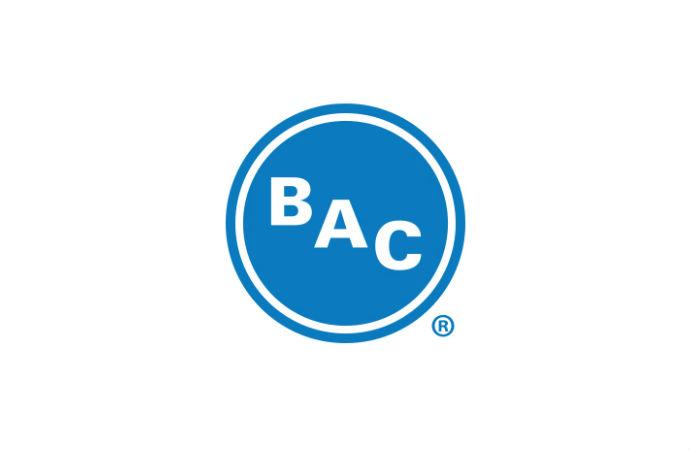Alongside the leading trade fair Chillventa, international development organisation GIZ together with the German Environment Ministry, organised its 3rd Proklima expert day to discuss trends in sustainable air conditioning. A national focus was put on hydrocarbons A/C in India, with Godrej presenting latest updates on sales projections for its HC systems.

The fully booked event on 10 October brought together around 40 experts from the United Nations, European and national level, to present success stories and currently running cooperation projects under the “International Climate Initiative” of the German Environment Ministry regarding stationary air conditioning with natural refrigerants. Panelists included GIZ senior staff, representatives from the German Federal Environment Agency UBA, research institutes, marketing & communications companies, and system manufacturers. The second part of the event was dedicated to providing practical advice for the design of room air conditioners with hydrocarbon refrigerants. It was already the 3rd in a series of GIZ Proklima events to draw attention to the viability of HFC-free solutions in various industry sectors.
GIZ Proklima: Bernhard Siegele provided a thorough introduction to the achievements of GIZ and its partners in introducing climate-friendly technologies around the world, including in the refrigeration, air conditioning and foam sectors. Asked by the panel moderator about the most outstanding barrier for introducing natural refrigerant technology, Siegele said that “technology is not the problem” as often claimed by the industry, but that other barriers such as awareness and a lack of confidence would be responsible for slowing down market uptake.
As the first panelist, Jürgen Usinger representing GIZ Proklima then drew attention to the broader perspective of sustainability concerns, highlighting the international commitment to a phase-down of HFCs in the Rio+20 Declaration. Usinger also emphasised that finding the best options for the refrigeration sector would be a combination of environmental (climate change, energy constraints, resource depletion, terrestrial ecotoxicity), social (equity in accessing refrigeration and A/C), and economic aspects (growing imports, availability and safety of technology, capacity to produce and manage alternative technologies). This would need to be evaluated against a backdrop of an increase of A/C consumption by a factor of 10, and the prediction that developing countries would consume 70% of HFCs by 2050. He concluded that natural refrigerants would offer the most precautionary environmental approach for a long term perspective. Addressing energy efficiency via the choice of refrigerant would not be an appropriate approach, Usinger argued, as every technology generation would be more efficient than the last one and hence this inherent feature should not be considered by policy makers in deciding about the reduction of high GWP refrigerants. Moreover rebound effects due to more use of comfort cooling solutions and refrigeration would offset any energy efficiency gains.
UBA : Jens Schubert from the German Environment Agency updated participants on eco-design and eco labelling requirements for air-conditioners in Europe and Germany, where both instruments would be working together to push the market towards more energy-efficient applicances on one side, and achieve a market pull by informed consumers selecting energy saving A/C systems on the other. From 1 January 2013 new energy labels for split air conditioners will be introduced to award A to G class to appliances depending on the climate zones. The same system would then be awarded an “A” in Sweden, an “A+” in Germany, and an “A+++” in Southern Spain for its Seasonal Coefficient of Performance (SCOP). Schuberth lamented that the label would still not draw the consumer’s attention to the direct impact from the refrigerant used in the A/C system which would make the introduction of natural refrigerants harder. He also indicated that a comprehensive performance evaluation tool such as TEWI could be introduced in the future to establish better baselines for comparing alternatives.
shecco: Nina Masson presented an overview of the application potential of natural refrigerants in cooling and other industry sectors in Europe and beyond. Drawing on findings from the latest “GUIDE” publication and continuous market research undertaken by shecco, Masson highlighted the main barriers and strengths of natural refrigerants and presented an outlook of the market penetration of HFC-free supermarket systems in the EU and North America. Taking the example of commercial refrigeration, she highlighted the role policy and industry would have played in different European countries and lessons learnt from that experience also for the cooling sector. shecco has launched a new “GUIDE on NH3-CO2 Secondary Systems for Cold Storage Operators” to update about the innovative technology option, its safety considerations and cost, as well as energy savings to be achieved. The document for end-users and decision makers in industry and policy also contains a best-practice guide and several case studies. R744.com will publish a separate article about the publication soon.
Godrej: Dilip Rajadhyaksha representing Indian industrial cooperation Godrej talked about the successful introduction of their HC air-conditioners. After extensive lab modifications to test R290, Godrej investigated the use of better components to improve efficiency. The use of micro-channel heat exchangers brought up COP by 16.5%, lowered power consumption by 20%, and the charge size to 360g to comply with European standard EN 378. In a next step, Godrej plans to reduce the channel sizes in the micro-channel condensers, and to commercialise the refrigerant leak detection system developed in-house.
In other presentations Frigoteam presented their experience with HC chillers, concluding that natural refrigerants would increasingly be requested by the market, that technology would already be available, and that no significant risks in operation would occur. All executed projects would have led to excellent results in performance.
Daniel Colbourne provided a comprehensive outlook for HCs in air conditioning, starting with the policy background to then explain different system layouts and their respective challenges. A large part of his presentation was dedicated to available safety standards, necessary risk assessment, and options to extend the use of HCs.
GIZ Proklima: Bernhard Siegele provided a thorough introduction to the achievements of GIZ and its partners in introducing climate-friendly technologies around the world, including in the refrigeration, air conditioning and foam sectors. Asked by the panel moderator about the most outstanding barrier for introducing natural refrigerant technology, Siegele said that “technology is not the problem” as often claimed by the industry, but that other barriers such as awareness and a lack of confidence would be responsible for slowing down market uptake.
As the first panelist, Jürgen Usinger representing GIZ Proklima then drew attention to the broader perspective of sustainability concerns, highlighting the international commitment to a phase-down of HFCs in the Rio+20 Declaration. Usinger also emphasised that finding the best options for the refrigeration sector would be a combination of environmental (climate change, energy constraints, resource depletion, terrestrial ecotoxicity), social (equity in accessing refrigeration and A/C), and economic aspects (growing imports, availability and safety of technology, capacity to produce and manage alternative technologies). This would need to be evaluated against a backdrop of an increase of A/C consumption by a factor of 10, and the prediction that developing countries would consume 70% of HFCs by 2050. He concluded that natural refrigerants would offer the most precautionary environmental approach for a long term perspective. Addressing energy efficiency via the choice of refrigerant would not be an appropriate approach, Usinger argued, as every technology generation would be more efficient than the last one and hence this inherent feature should not be considered by policy makers in deciding about the reduction of high GWP refrigerants. Moreover rebound effects due to more use of comfort cooling solutions and refrigeration would offset any energy efficiency gains.
UBA : Jens Schubert from the German Environment Agency updated participants on eco-design and eco labelling requirements for air-conditioners in Europe and Germany, where both instruments would be working together to push the market towards more energy-efficient applicances on one side, and achieve a market pull by informed consumers selecting energy saving A/C systems on the other. From 1 January 2013 new energy labels for split air conditioners will be introduced to award A to G class to appliances depending on the climate zones. The same system would then be awarded an “A” in Sweden, an “A+” in Germany, and an “A+++” in Southern Spain for its Seasonal Coefficient of Performance (SCOP). Schuberth lamented that the label would still not draw the consumer’s attention to the direct impact from the refrigerant used in the A/C system which would make the introduction of natural refrigerants harder. He also indicated that a comprehensive performance evaluation tool such as TEWI could be introduced in the future to establish better baselines for comparing alternatives.
shecco: Nina Masson presented an overview of the application potential of natural refrigerants in cooling and other industry sectors in Europe and beyond. Drawing on findings from the latest “GUIDE” publication and continuous market research undertaken by shecco, Masson highlighted the main barriers and strengths of natural refrigerants and presented an outlook of the market penetration of HFC-free supermarket systems in the EU and North America. Taking the example of commercial refrigeration, she highlighted the role policy and industry would have played in different European countries and lessons learnt from that experience also for the cooling sector. shecco has launched a new “GUIDE on NH3-CO2 Secondary Systems for Cold Storage Operators” to update about the innovative technology option, its safety considerations and cost, as well as energy savings to be achieved. The document for end-users and decision makers in industry and policy also contains a best-practice guide and several case studies. R744.com will publish a separate article about the publication soon.
Godrej: Dilip Rajadhyaksha representing Indian industrial cooperation Godrej talked about the successful introduction of their HC air-conditioners. After extensive lab modifications to test R290, Godrej investigated the use of better components to improve efficiency. The use of micro-channel heat exchangers brought up COP by 16.5%, lowered power consumption by 20%, and the charge size to 360g to comply with European standard EN 378. In a next step, Godrej plans to reduce the channel sizes in the micro-channel condensers, and to commercialise the refrigerant leak detection system developed in-house.
In other presentations Frigoteam presented their experience with HC chillers, concluding that natural refrigerants would increasingly be requested by the market, that technology would already be available, and that no significant risks in operation would occur. All executed projects would have led to excellent results in performance.
Daniel Colbourne provided a comprehensive outlook for HCs in air conditioning, starting with the policy background to then explain different system layouts and their respective challenges. A large part of his presentation was dedicated to available safety standards, necessary risk assessment, and options to extend the use of HCs.
MORE INFORMATION
Related stories


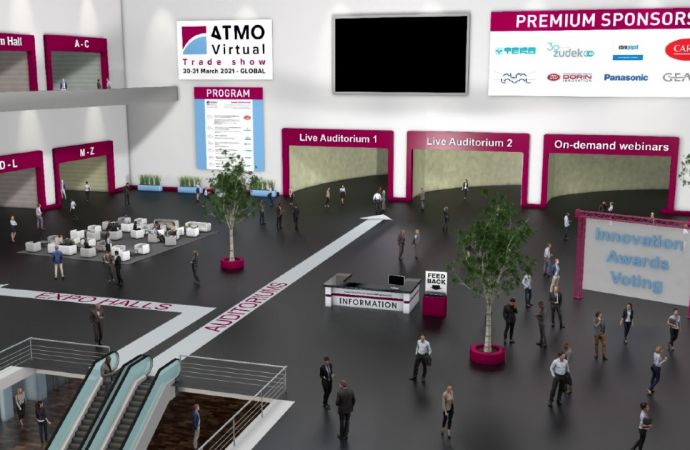

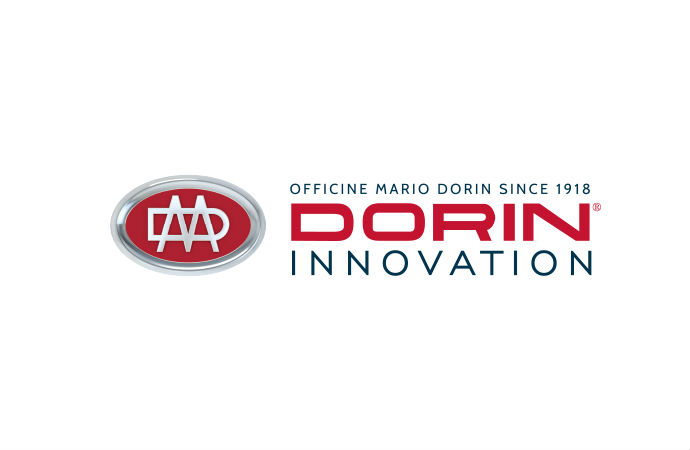





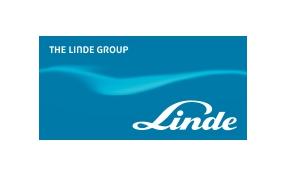
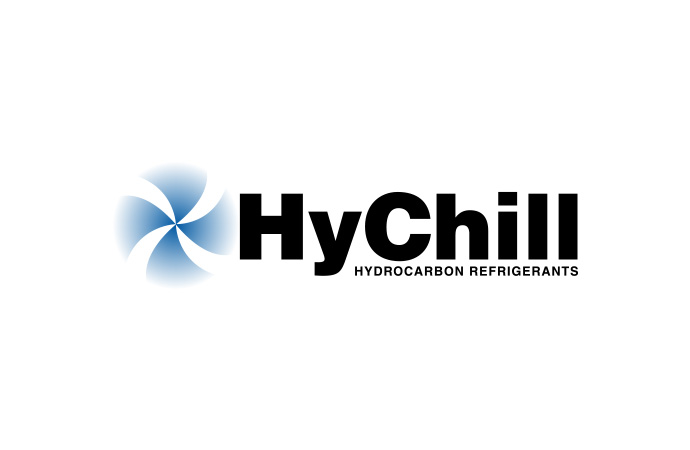

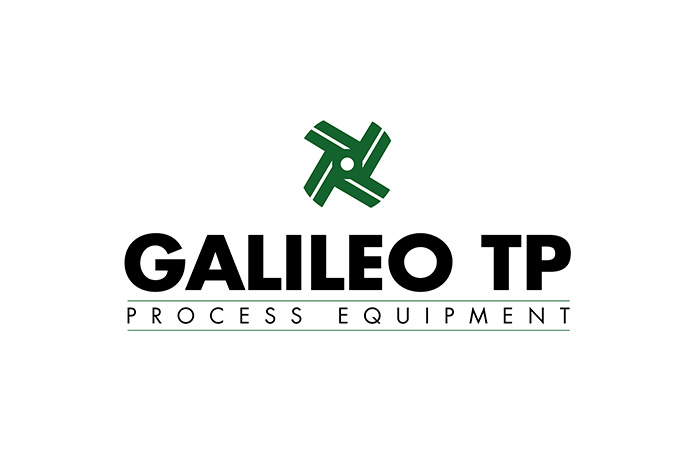

_1490973133.png)
